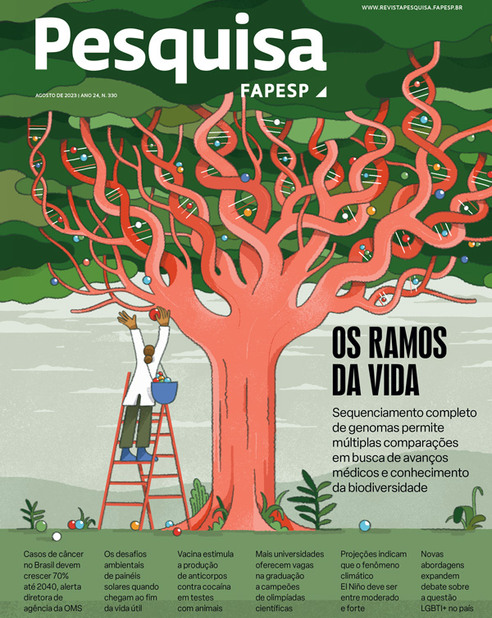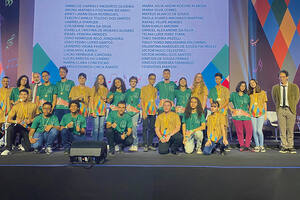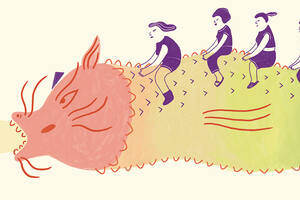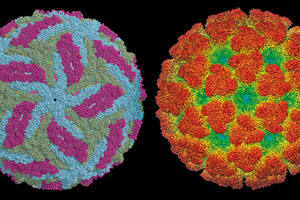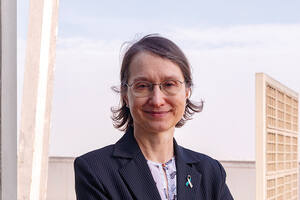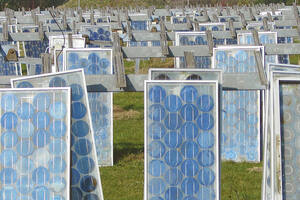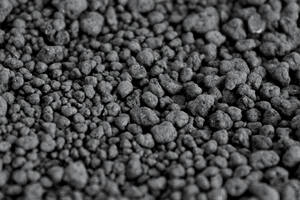Issue # 330 _ August 2023
GEOLOGY

The future landscape of the northeast and the coastline
There will be more high areas, since the sedimentary basins are rising especially in these regions
By Carlos FioravantiPhysiology
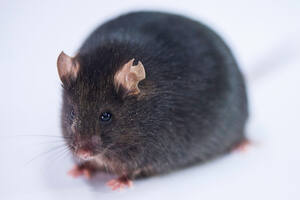
Maternal hormones affect brain areas that control hunger and satiety in the fetus
Studies suggest that metabolism can be programmed from gestation, leading to obesity and diabetes
By Letícia NaísaVIROLOGY
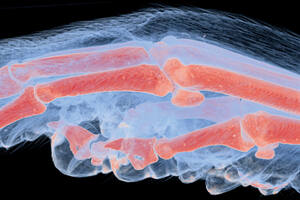
Mayaro virus causes swelling of the skin, muscles, and joints
In tests on rodents, the pathogen multiplied quickly and affected other organs
By Gilberto StamPHARMACOLOGY
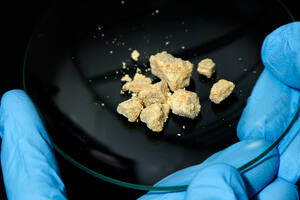
A potential vaccine against cocaine abuse
Research is underway to develop an immunizing agent for treating addiction to the drug
By Suzel TunesDEMOGRAPHY
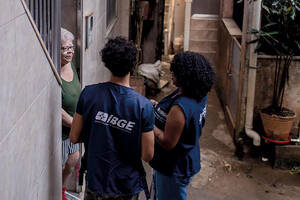
Problems ahead for pensions and health
Aging population identified by the 2022 census highlights the need to reformulate public policies
By Christina Queiroz